I'm trying to find the top (or base) of the stack in my callback function that is used in the Windows kernel. I thought to use IoGetInitialStack function for that, but unfortunately it's documentation states:
IRQL "<=APC_LEVEL"
I looked into it with a disassembler and all it seems to be doing in my copy of ntoskrnl is this:
Why are they limiting it to IRQL<=APC_LEVEL?
